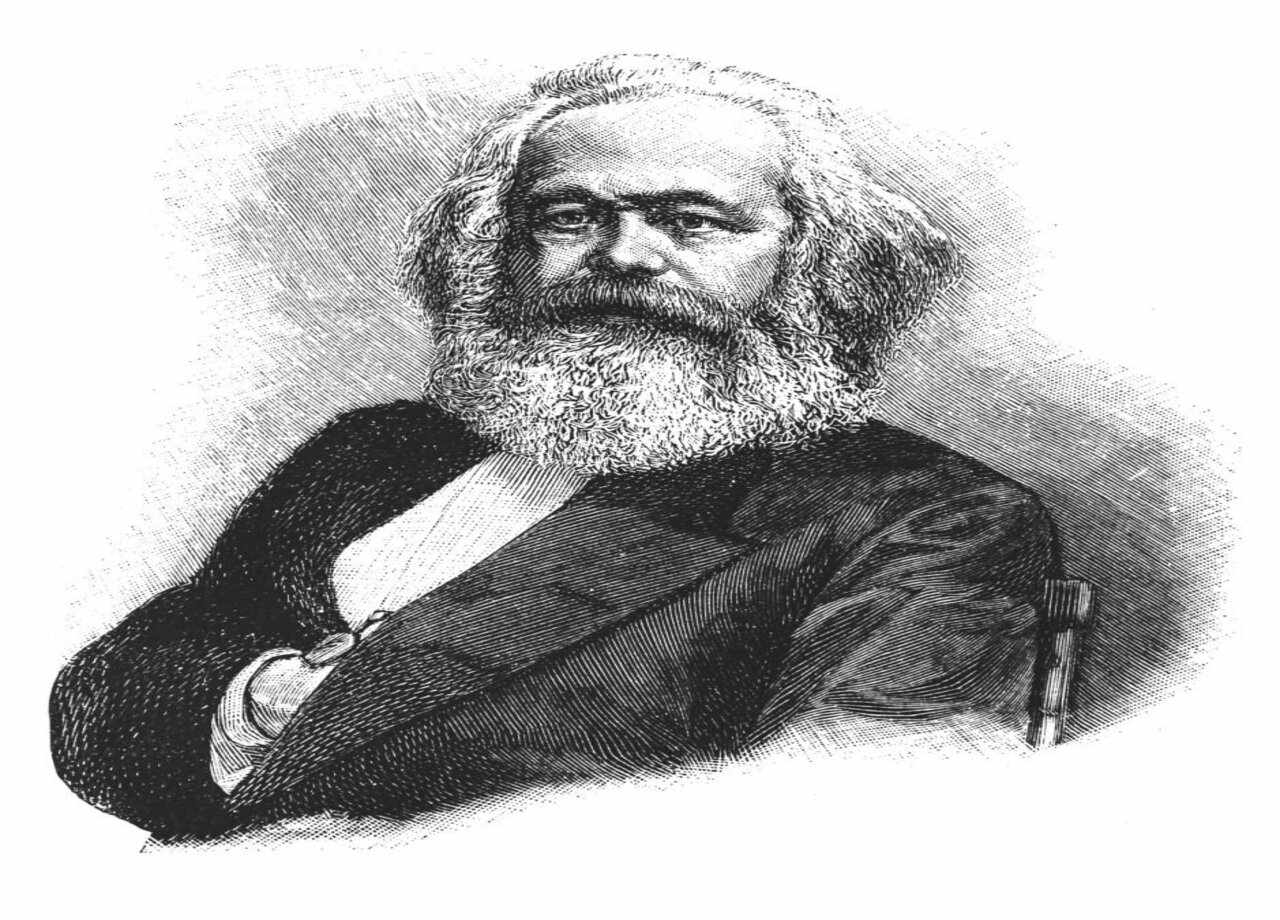Karl Marx and Prometheus: The Mythological Inspiration for Revolution and Resistance
Prometheus was a god of Greek mythology. He stole fire from Zeus, the king of the gods, and taught mankind how to use it. This angered Zeus so much that he tied Prometheus to a hill and assigned an eagle to him. This eagle would tear open Prometheus’s stomach and take out his liver and eat it. But this wound of Prometheus would heal again, the eagle would inflict the wound again, take out the liver again, and then eat it.
That is, Prometheus was constantly suffering from endless torment. One day Greek hero Heracles (Hercules in Roman) killed the eagle and rescued Prometheus. In this story, Prometheus is constantly on the verge of suffering, but never once does he apologize to the gods for helping humans. For this reason, Prometheus became a symbol of humanity, resistance, and standing up for one’s principles.
Friends, this hero of the Greek giant Mala was the ideal of a great philosopher.
As Prometheus challenged the other gods, this philosopher also challenged the earthly gods of the time and tried to show the way to the poor and poor around the world. Like Prometheus, he also faced severe hardships throughout his life. He also went through the tortures of exile, imprisonment, death of his children, and poverty. But he never regretted all these all his life, instead, he continued to fight for the revolution. Today the world knows this great philosopher as ”Karl Marx”.
The Revolutionary Environment of Europe during the Birth of Karl Marx in Trier, West Germany
My curious readers: It is the city of Trier in West Germany, located in the lush Rhineland region near the border of Belgium and France. On May 5, 1818, Karl Marx opened his eyes in a three-story house on a narrow street. In the period when Karl Marx was born, every other house in Europe rang out the slogans “Long live the revolution” and “Long live the revolution.” These revolutionary slogans echoed because just 29 years before the birth of Marx, a great revolution had occurred in Germany’s neighboring France.
Through this revolution, the government of the Bourbon royal family, which ruled for centuries in France, was overthrown by the people. The revolution also ended the monopoly of the religious group, including the royal family of France, who, along with the king, exploited the people from the culprits.The whole of Europe was affected by this change, both the people and the rulers.The people were impressed because they thought that if this could happen in France, why this change could not happen to them?
And why the rulers were worried, that too because no one could stop the king’s neck from being cut in France, who would stop it from happening in the country of power? They were thinking that revolutionaries in the French Revolution had beheaded King “Louis XVI” and his wife. So this was the environment of Europe in which the people of European countries started different movements against their rulers.
The Revolutionary Environment and Family Background of Karl Marx
Through these revolutionary movements, a large number of European people, especially the working class working in factories, were fighting for their rights.
These people were challenging the authority of the monarchy and the church.
They demanded that they should be represented in the assemblies and that government restrictions on the media should be lifted. Writing and speech mean complete freedom of writing and speaking, and by limiting the powers of the ruler, the people should also be involved in political decisions.
In other words, the nineteenth century was the century of the evolution of democracy and liberalism in Europe. Such was the atmosphere of revolution in Europe in those days in which Karl Marx was born and grew up. It was the effect of this revolutionary environment that made Karl Marx a revolutionary philosopher.
But his environment as well as his home conditions and family background played a very important role in Marx’s revolutionary training.
Marx’s family was of Jewish descent and had long resided in the city of Trier. Marx’s ancestors were Jewish rabbis, ie spiritual leaders, and this was their profession. But Marx’s father left this profession and took up lawyering. His advocacy became well-known and he became quite wealthy, but he also had connections in the upper class of Germany. During this period, it was common for Germany and Spain to hate Jews and discriminate against them by making special laws for them.


1 thought on “Who was Karl Marx | Part 1”